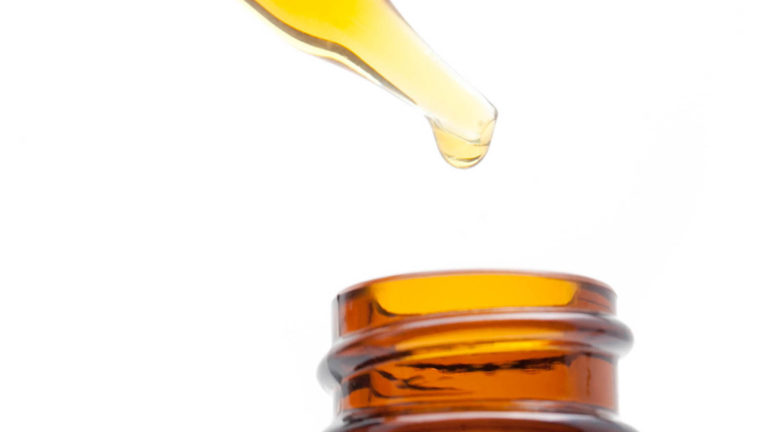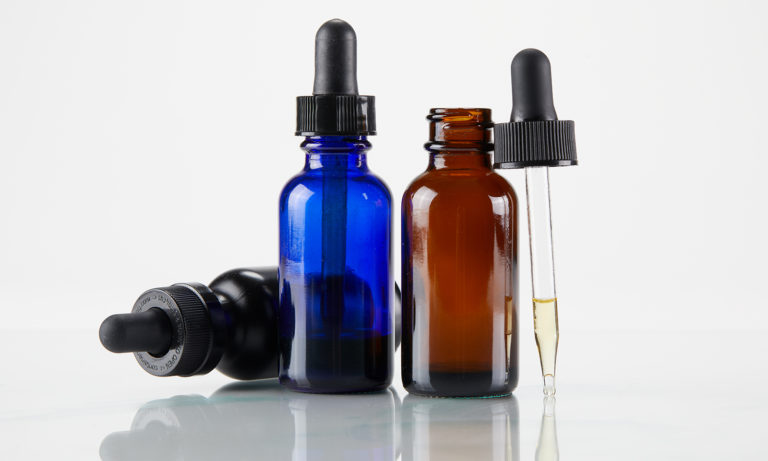CBD derived from hemp is available in New York, but is subject to strict regulations. The New York Department of Agriculture and Markets does not allow the addition of CBD to foods or beverages. CBD is, however, allowed to be manufactured and sold as a dietary supplement provided it makes no therapeutic claims. Hemp-derived CBD is also in New York legal when sold as a lotion, salve, or balm.
A comprehensive regulatory framework surrounding the licensing, manufacturing, sale and use of hemp and CBD was approved by the New York State Legislature in June 2019 and is currently awaiting signing from Governor Andrew Cuomo.
Only individuals who hold a valid New York State Medical Marijuana Program card can legally access CBD derived from cannabis. Medical cannabis has been legal in New York since 2014. Cannabis remains illegal for adult use in New York, although marijuana possession was decriminalized to an extent in August 2019. Penalties for possession of small amounts of marijuana have been reduced, and those with existing possession convictions may have their convictions expunged.
What is CBD?
CBD stands for cannabidiol, a non-intoxicating substance found in cannabis. CBD is the second-most prominent cannabinoid in cannabis after THC, which has an intoxicating or psychoactive effect. CBD can be sourced from marijuana or hemp plants and has a wide range of purported therapeutic benefits, such as reducing pain, inflammation, and anxiety, and suppressing seizures. Since the cannabinoid has gained considerable attention for its therapeutic properties, more high CBD strains have recently been cultivated.
 Photo by: Gina Coleman/Weedmaps
Photo by: Gina Coleman/WeedmapsImage lightbox

Why is CBD sometimes illegal?
All types of cannabis, including hemp strains that don't produce enough THC to cause intoxication, were considered illegal under the Federal Controlled Substances Act of 1970. The law categorized all cannabis as Schedule 1, which defined the plant as a highly addictive substance with a high potential for abuse and no accepted medical use.
The 2018 Farm Bill re-classified hemp as an agricultural commodity and made its cultivation federally legal. Further, the act removed some forms of cannabis from Schedule 1 status by creating a legal distinction between hemp and marijuana. Hemp is cannabis with less than 0.3% THC, and marijuana refers to cannabis with more than 0.3% THC. This distinction in federal law effectively legalized CBD that is derived from cannabis with less than 0.3% THC, as long as it has been cultivated according to federal and state regulations.
The 2018 Farm Bill legislation does not mean that CBD derived from hemp is universally legal throughout the United States. According to the Farm Bill, the Food and Drug Administration (FDA) has the power to regulate CBD product labeling, including therapeutic claims and the use of CBD as a food additive. The FDA has already maintained that even hemp-derived CBD may not legally be added to food and beverages, or marketed as a dietary supplement. Although the organization has begun to re-evaluate some of these stances on legal CBD products, the FDA has not revised its regulations. The agency also has been strict in its position against any labeling that could be perceived as a medical claim about CBD.
In addition to federal regulation of CBD, the Farm Bill also gave states the option to regulate and prohibit the cultivation and commerce of CBD. States may also regulate CBD in food, beverages, dietary supplements, and cosmetic products independently, even before the FDA finalizes its policies. New York is an example of a state that has devised its own regulatory framework for CBD, embracing some FDA directives while eschewing others.
New York CBD laws
In June 2019, the New York State Senate passed legislation which provides a comprehensive regulatory framework for hemp and CBD. Bill S6184A, also known as the Hemp Bill, will become enacted in thirty days once it has been signed by Governor Andrew Cuomo. Some more controversial aspects of the bill may be contested, however, which could delay its enactment.
Notable amendments in the June 2019 Hemp Bill include:
- The New York State Department of Agriculture and Markets are granted authority to regulate the production, processing, packaging, and labeling of hemp extract products sold in New York State.
- Retailers, wholesalers, and manufacturers selling cannabis products derived from hemp must apply for a cannabinoid permit.
- The sale of beverages containing 20 milligrams of CBD per 12 ounces is permitted, but only if the hemp extract was grown, extracted, and manufactured in the state of New York.
- The sale of out-of-state hemp extract intended for human and animal consumption is prohibited, unless it meets New York standards and regulations, which will be promulgated in the future.
- All hemp extracts must be packaged and labeled according to New York Department of Agriculture and Markets standards and display a Supplement Fact panel where applicable, along with a QR code setting forth other relevant information. No product may advertise any therapeutic claims.
There is currently a lack of concrete regulations in New York while the Hemp Bill is awaiting approval from Governor Andrew Cuomo. At present, the New York State Departments of Health and Agriculture are implementing a catch-all enforcement strategy to prevent unlawful CBD products from being sold.
 Photo by: Gina Coleman/Weedmaps
Photo by: Gina Coleman/WeedmapsImage lightbox

CBD-infused food and beverages are prohibited in New York. Penalties for the sale of CBD-infused food and beverages include voluntary removal, seizure, or destruction of the product, a fine, and failing a health inspection. CBD-laced oils, lotions, salves, and other topical applications are legal for all. CBD oils and tinctures are also legal, but products cannot make therapeutic claims.
Licensing requirements for CBD
Presently, the only legitimate way to grow hemp in New York is by participating in the New York Industrial Hemp Agricultural Research Pilot Program. Those interested must apply to the New York Department of Agriculture and Markets, which costs $500. Approved applicants receive a Research Partner Agreement.
Licensing for hemp growers, manufacturers, extractors, and retailers will change under the 2019 Hemp Bill. The bill is yet to be enacted, but provides specific guidelines for growers, manufacturers, and extractors of industrial hemp. All applicants will have background checks performed to confirm they are of good moral character, and possess sufficient experience and competence to farm hemp.
Applicants must first obtain a license through the New York Department of Agriculture and Markets. The license for cannabinoid extractors is the most comprehensive. Licenses will be renewed biannually, and licensed premises will be subject to random inspections.
Manufacturers and growers must contract with an independent laboratory approved by the commissioner for routine testing. The reports from testing must be made available to the Department.
New York CBD possession limits
There are currently no possession limits for hemp-derived CBD products in New York.
 Photo by: Gina Coleman/Weedmaps
Photo by: Gina Coleman/WeedmapsImage lightbox

Medical marijuana patients can legally possess a thirty-day supply of non-smokeable, non-edible, cannabis-derived CBD products.
Although cannabis was decriminalized to an extent in New York in August 2019, those who are found in possession of cannabis-derived CBD products may be subject to penalties.
Where to buy CBD in New York
CBD balms, salves, lotions, and tinctures can be purchased from small pharmacists, specialty stores, CBD storefronts, and vape stores. Food and beverage retailers may offer CBD products, but they are not legal.
CBD derived from marijuana is only available from a licensed dispensary.
Shopping online for CBD represents another option for purchase. Consumers can buy from a wide variety of online outlets for CBD products, read consumer reviews, and ship purchases to their homes.
Online shopping also offers the ability to gather detailed information about each product, compare different products and product types, and comparison shop for the best price. CBD brands often also have their own e-commerce shop, allowing you to purchase your desired CBD products straight from the source. Find out more about where to purchase CBD.
How to read CBD labels and packaging
The 2018 Farm Bill shifted the oversight of hemp and hemp-derived products from the U.S. Department of Justice (DOJ) to the U.S. Food and Drug Administration (FDA). The FDA currently does not presently allow CBD-infused food, drinks, or dietary supplements to be sold, and hasn't yet provided regulations for hemp-derived CBD products.
Still, the agency warns that regulations in flux still require companies to make legitimate claims on their labels. Buyers should nonetheless approach CBD products with caution. Most reputable CBD producers typically include the following information on their CBD product labels:
- Amount of active CBD per serving.
- Supplement Fact panel, including other ingredients.
- Net weight.
- Manufacturer or distributor name.
- Suggested use.
- Full-spectrum, broad-spectrum, or isolate.
- Batch or date code.

